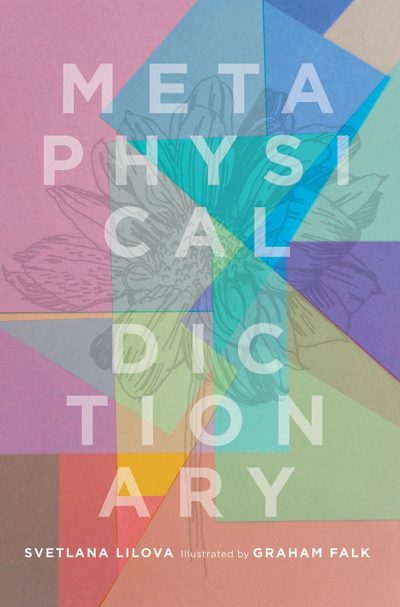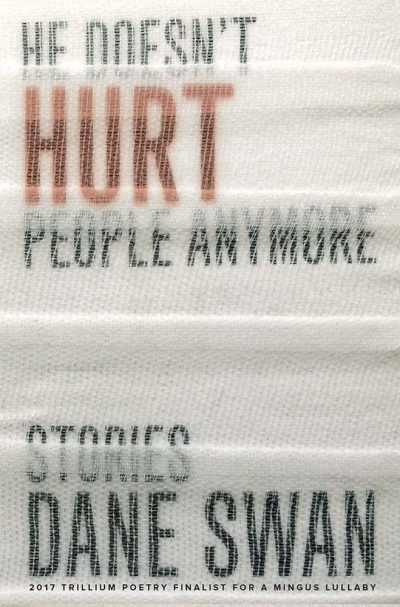
Founded 2015 by David Hull
Tell us a bit about your press. How did you start? Who are your influences, in Canada and beyond? What is your mission?
Dumagrad is a constant paradox. I started it on the most fleeting of whims – but I’ve dreamt of running a press since the age of 13. Sometimes we want to be Coach House or Verso; sometimes Taschen or Phaidon. If I could commission and publish every book I conceive of, our list would rival Penguin. As it is, I’m reluctant to ask for anything, from anyone, until we’ve proven that we can put books in hands of their ideal readers. As for a mission, there are many! The broadest is simply to bring new writers to new readers; to paraphrase and mash-up, the tree of reading must be refreshed from time to time with the blood, tears, and sweat of publishers.
What about small press publishing is particularly exciting to you right now?
It’s fantastic to see outfits like Hush Harbour and Moon Jelly and Gordon Hill and so many others bringing books into the world from new perspectives and underrepresented communities. None of us can make sense of the world from our own, singular, viewpoints. Have you ever envied flies for having a compound eye? Well, we have one too; it’s called “books.”
The other thing that excites me is collaboration and cooperation between small publishers. Our task isn’t to sell a book – it’s to keep the love of reading alive, and make sure that bookstores never lose their sense of magic. The moment a person steps into a bookstore, declare victory.
How does your press work to engage with your immediate literary community, and community at large?
Poorly! As a one person show, there’s so much to do, and one naturally puts off the hardest things. For me, that’s getting out into the world, meeting people, making connections. So a tip to introverted writerly types thinking of publishing: find a gregarious partner!
How have the current multiple global crises impacted your work with the press?
Like many other readers, I’ve always been drawn to dystopias and post-apocalyptic visions; it started for me with A Canticle for Leibowitz as a teen and ran on for ages. But the whole notion of cautionary tale feels suspect now; we keep blowing right through the stop signs. Maybe there’s a different need moving ahead. Can writers and publishers help change the focus to solutions and visions of healing?

Metaphysical Dictionary
Svetlana Lilova, Graham Falk
(2016)
Likely General on Roncesvalles sold several dozen copies in its first month. By the end of 2016 it was the all-time bestseller at knife | fork | book. That’s probably no longer the case, but the point is: people love this book. It’s easy to see why – it’s simple yet mysterious, profound and whimsical, and pretty much unique. Poems as term and definition, alphabetically sorted, and charmingly illustrated by Graham Falk of Untalkative Bunny renown.

He Doesn’t Hurt People Anymore
Dane Swan
2017
We’re proud of this one. Some day it will be Dane’s equivalent to The Beatles in The Cavern Club. Dane is going to be a force for the good in Canlit for years to come, and these stories give a hint why. He’s got range, he’s got style, he’s funny – but most of all he’s got heart, a really deep urge to understand people and their strange foolish ways. You must check out his new anthology with Guernica, Changing the Face of Canadian Literature.

A Foreign Country
Fotios Sarris
2020
Our biggest book yet, in all interpretations of the word. This one really belongs with M&S or somewhere like that, but we somehow lucked into publishing it. Fotios tells a story of Greeks in Mile End, Montreal, and I’m tempted to take the easy way out and say: “A Greek Duddy! A Hellenic Richler!” But it’s so much more – bleaker, dare I say funnier, and with a whole unsettling philosophical layer.